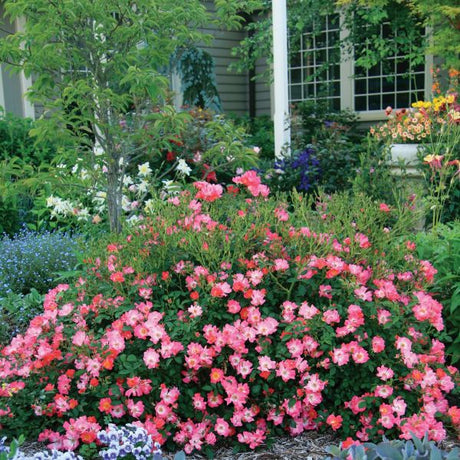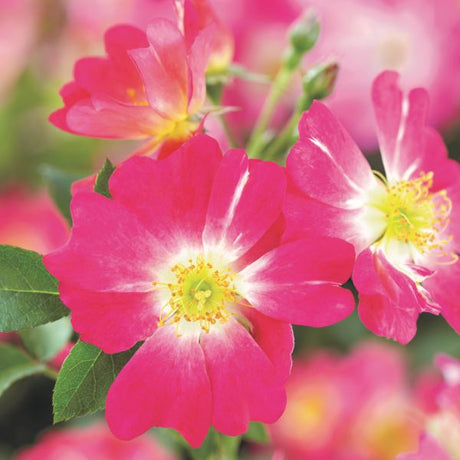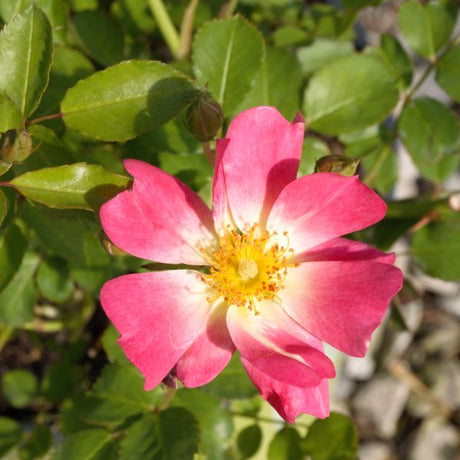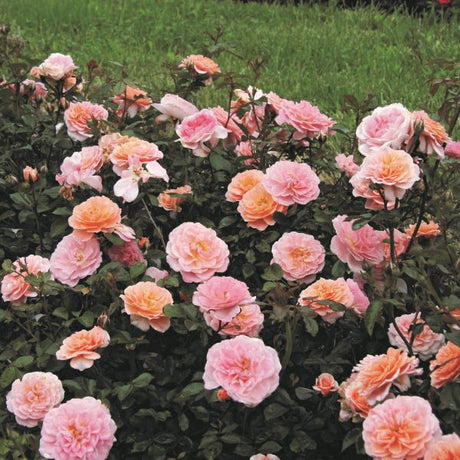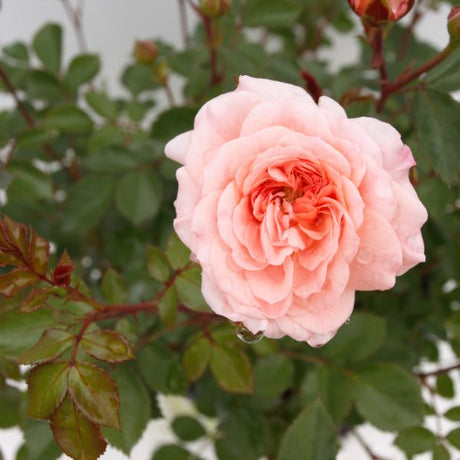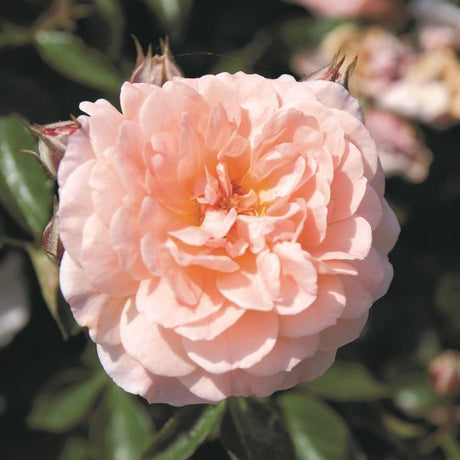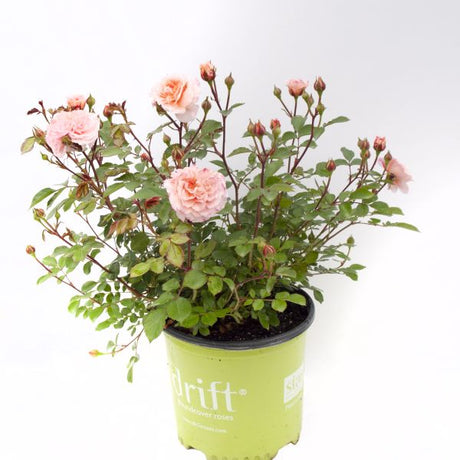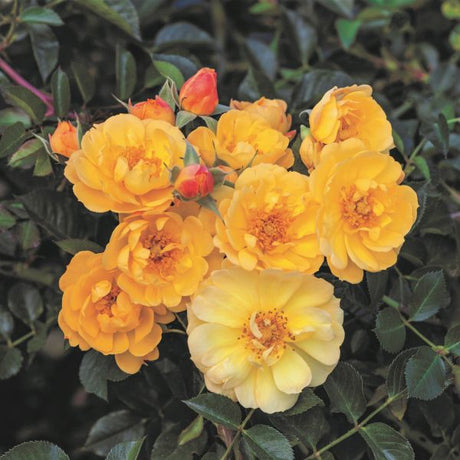-
Rosa 'Meigalpio'
PreorderRegular price From $1815Unit price /Unavailable -
Rosa 'Meijocos'
PreorderRegular price From $1815Unit price /Unavailable -
Apricot Drift® Groundcover Rose
Rosa 'Meimirrot'
PreorderRegular price From $1815Unit price /Unavailable -
Rosa 'Meiggili'
PreorderRegular price From $1815Unit price /Unavailable -
Popcorn Drift® Groundcover Rose
Rosa 'Novarospop'
PreorderRegular price From $1815Unit price /Unavailable -
Rosa 'Meidrifora'
PreorderRegular price From $1815Unit price /Unavailable -
Scarlet Drift® Groundcover Rose
Rosa 'Scarlet Drift'
New arrivalPreorderRegular price $5911Unit price /Unavailable -
Rosa 'Meizorland'
PreorderRegular price From $6950Unit price /Unavailable -
Oso Happy® Petit Pink Groundcover Rose
Rosa x 'ZLEMarianneYoshida'
Sold outRegular price From $5964Unit price /Unavailable -
Sunshine Happy Trails™ Groundcover Rose
Rosa 'WEKsusacofloc'
Sold out14% offSale price $8157 Regular price $9539Unit price /Unavailable
FAQ's for Buying Groundcover Roses Online
What are groundcover roses and how do they differ from regular rose bushes?
What are groundcover roses and how do they differ from regular rose bushes?
Groundcover roses are low-growing, spreading rose bushes that stay under three feet tall, making them ideal for covering ground, trailing over walls, or spilling from containers, unlike traditional upright rose bushes.
Are groundcover roses low maintenance?
Are groundcover roses low maintenance?
Yes, groundcover roses are exceptionally low maintenance, requiring minimal pruning, regular watering, and occasional fertilization, while offering excellent disease resistance and long-lasting colorful blooms.
Where is the best place to plant groundcover roses?
Where is the best place to plant groundcover roses?
Plant groundcover roses in full sun areas, along borders, garden beds, slopes, or cascading from containers to create vibrant, easy-care accents that pair beautifully with perennials and evergreen shrubs.
How do you prune groundcover roses?
How do you prune groundcover roses?
In early spring, prune groundcover roses by cutting them back by about two-thirds while they are still dormant to encourage healthy growth, shape the plant, and boost air circulation for disease prevention.
Do groundcover roses bloom all season?
Do groundcover roses bloom all season?
Groundcover roses are prized for their continuous blooming, providing colorful flowers from late spring through fall, making them a perfect choice for adding season-long beauty to your landscape.









